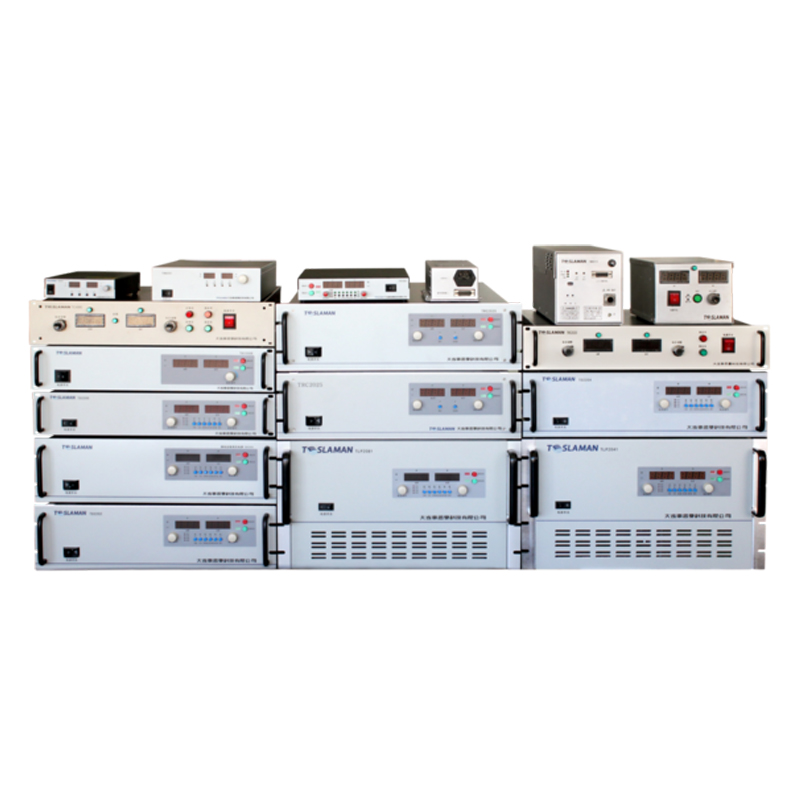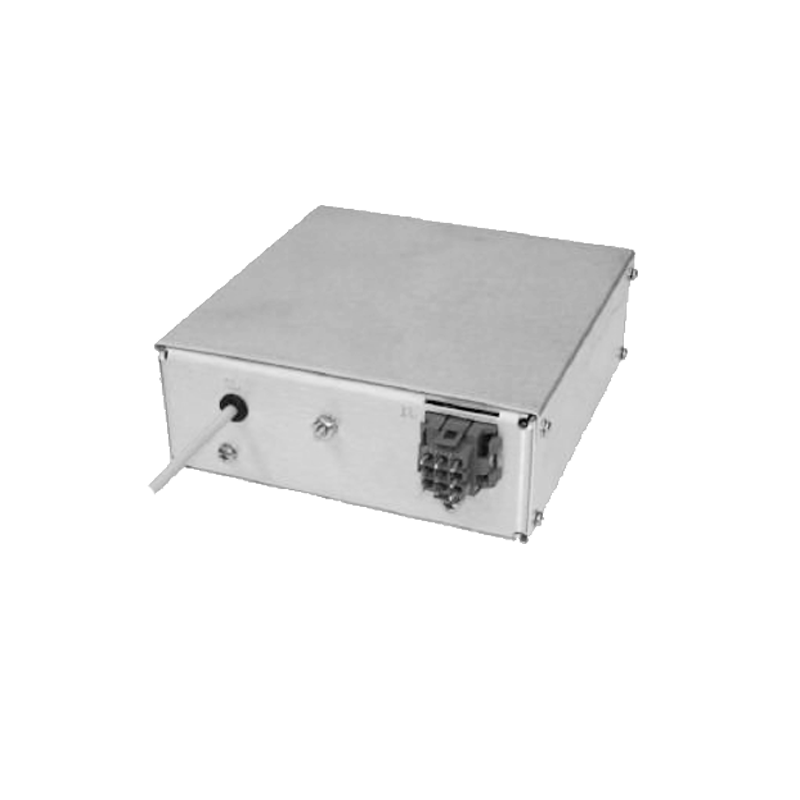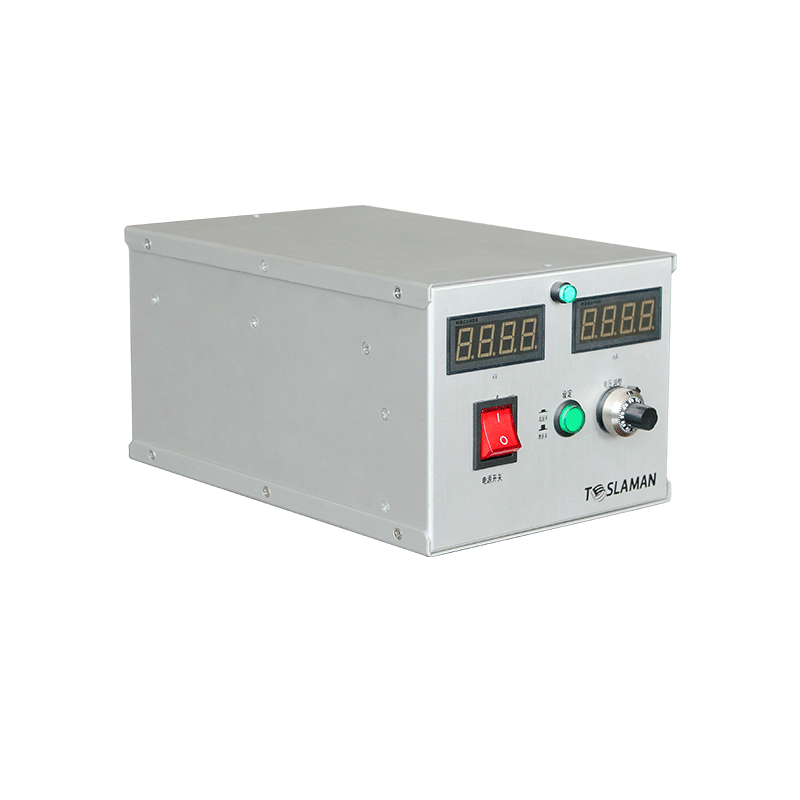Intelligent Control Algorithms for Stable Pulse Energy Output in High Power Pulse Power Supplies
High power pulse power supplies are critical in applications such as plasma generation, laser excitation, and particle acceleration, where energy stability within each pulse determines overall process precision. Traditional PID control methods cannot sufficiently compensate for nonlinearities, load variations, or temperature effects, leading to pulse-to-pulse instability. To address this, intelligent control algorithms based on adaptive learning and predictive modeling are increasingly adopted.
The control architecture begins with high-speed sampling of key pulse parameters—voltage, current, and stored capacitor charge. A machine learning controller processes these features to predict deviations in the next pulse and adjusts charging voltage or pulse width preemptively. Neural network or fuzzy logic models are particularly effective in capturing nonlinear relationships between system inputs and pulse energy.
One approach integrates a recursive energy estimator with reinforcement learning. The controller rewards stable pulses and penalizes over- or under-energy events, iteratively refining its decision policy. After training, the system achieves microsecond-level compensation accuracy.
Additionally, intelligent synchronization of charging and discharging cycles ensures that stored energy deviations do not accumulate. Temperature feedback is incorporated into the model to account for thermal drift in switching devices and capacitors. Combined with active voltage balancing and adaptive charge control, this maintains energy deviation within ±0.2% over long operational periods.
The result is a pulse power supply capable of self-optimization, adaptive to load dynamics, and maintaining consistent output under varying environmental or operational conditions, significantly improving precision and reliability in high-energy applications.




















